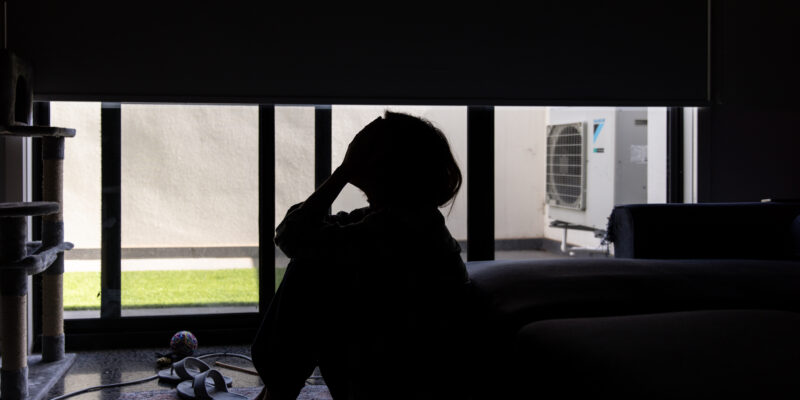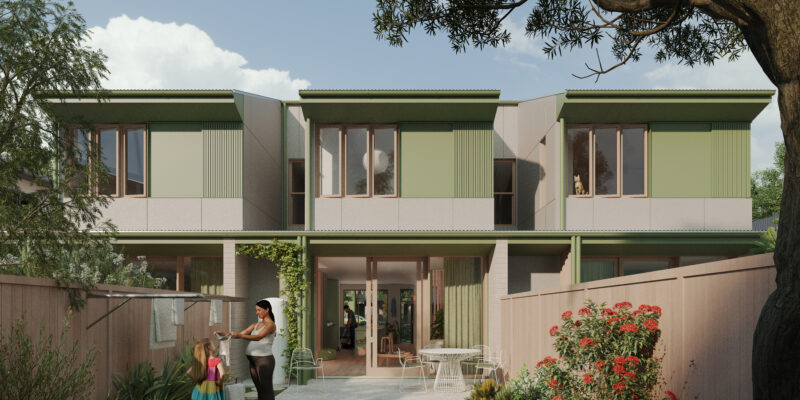Rental changes end ‘impossible choice’ for DV survivors
Improved rental protections for survivors of domestic violence will offer them a safer pathway out of abuse.

SURVIVORS of domestic violence will find it easier to escape unsafe homes as part of sweeping changes to rental protections.
Abuse survivors who share a lease will no longer have to notify other tenants when they want to leave, under new laws passed in NSW Parliament on Tuesday night.
That responsibility will instead fall to their landlord or agent, who will tell the others on the lease after the survivor has left.
“Often victim-survivors have to make the impossible choice between safety and a home,” Domestic Violence Prevention Minister Jodie Harrison said.
“These reforms make sure they won’t have to anymore.”
The reforms will also bolster victims’ security by allowing them to change their locks without their landlord’s consent, making it easier to get their share of the bond back.
As more awareness of financial abuse has grown, new protections will make it harder to be held liable for property damage caused by domestic violence.
Similar laws in South Australia and Victoria already allow domestic violence survivors to change locks without permission from the landlord if they have an intervention order or safety notice.
About one in five Australian adults, roughly 4.2 million people, have experienced violence, emotional abuse or domestic abuse by a partner, according to a survey released by the Australian Bureau of Statistics.
The same survey found women who live in households with financial stress were more likely to have experienced partner violence than those without cash flow troubles.
Economic abuse, which has been felt by one in six women and one in 13 men, occurs when a perpetrator attempts to prevent or control another person’s income, spending, bank accounts or other economic resources, causing emotional harm or fear.
“These laws mean victim-survivors can act quickly to protect themselves and their families without worrying about unfair costs or privacy risks,” NSW Rental Commissioner Trina Jones said.
The changes follow the introduction of legislation that would lift the standard non-parole period for intimate partner deaths to 25 years in NSW, following a spate of shocking domestic violence murders in recent years.
In the five years to June, 59 people were killed by a current or former intimate partner in NSW, 42 of them women.
1800 RESPECT (1800 737 732)
Lifeline 13 11 14
Men’s Referral Service 1300 766 491






